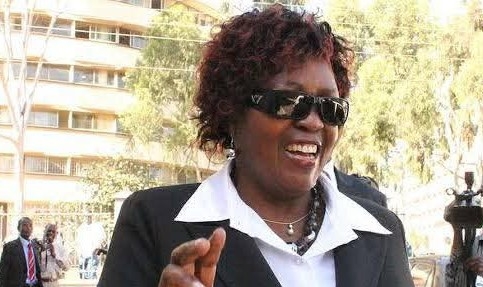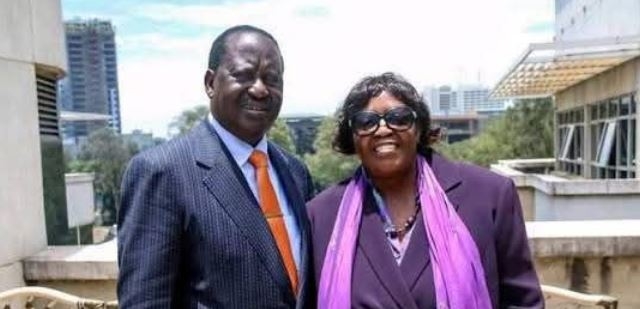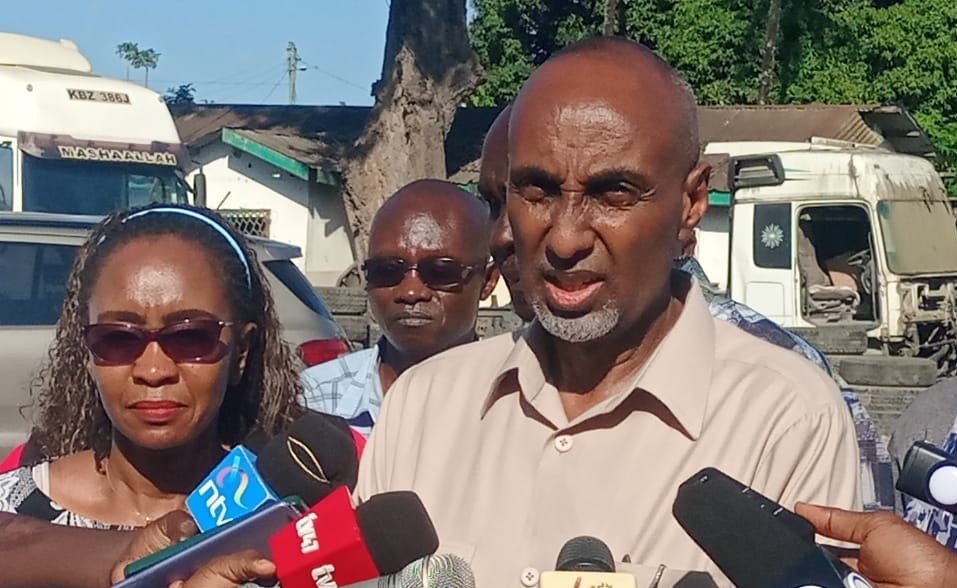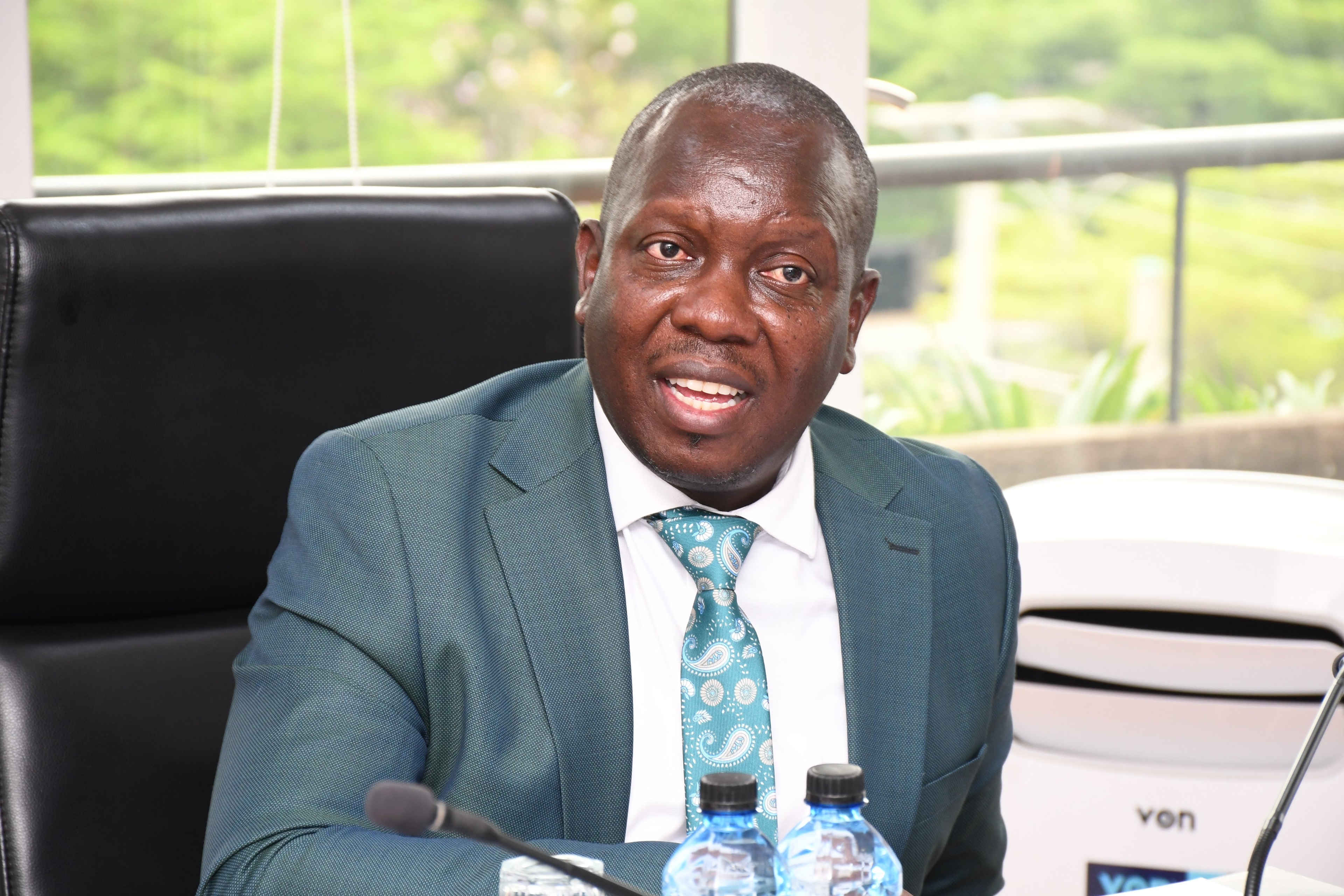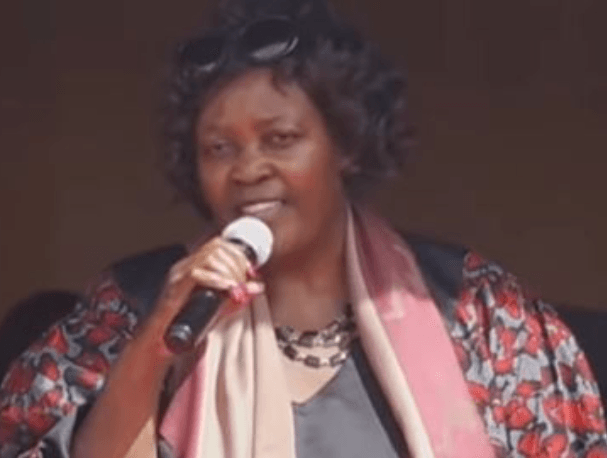
Sexualised online harassment is a form of sexual
gender-based violence directed towards women in politics via tech space. With
the advancement in technology, online space has become an equal vote-hunting
space just like other traditional media and means. Campaigning in this space has
had more challenges for women than men.
Unlike the physical and verbal attacks, they encounter in
physical campaigns, the tech space has opened a vicious ground for sexual
harassment. This has been exploited by political competitors to the detriment
of these women. Due to the long lifespan of content in the virtual space and the
potency of a global reach, the effect of online sexual harassment on women is extensive.
Queenter Mbori; a gender equality advocate and the Executive Director at the Association of Media Women in Kenya (AMWIK) asserts that these attacks are directed at the victim's based on their gender and tend to touch on anything linked to the victim sex-wise, biologically or gender-wise."
The attacks manifest in trolls, body shaming,
misinformation, and hate comments. These attacks always violate the privacy of
the victims, causing them harm, and frustration hence demoralizing their
leadership goals. The agenda behind these attacks is to get the women off the
campaign trails hence minimizing their impact.
The women aspirants attribute these tribulations to the patriarchal nature of Kenyan politics that condemns a woman by her very essence, being a woman. Wanjiku Thiga, a feminist politician, who has vied in Kiambu County stresses this, "For a long time in Kenya, men have taken the political leadership positions and women viewed as weaker, thus most find it easy to attack them."
According to Miss Thiga, the attacks have shifted online. These escalate to physical sexual assaults at times. The
impact is as potent as those of physical attacks and is far-reaching due to the
nature of the lifespan of the online content.
Data from the Communication Authority of Kenya (January –
March) 2024, shows that cyberbullying is the most common form of online
misogyny ranking at 27.8 per cent of digital investigation trends.
According to this data, there has been an increase in cases
of cyberbullying.
A study by the Federation of Women Lawyers- Kenya (FIDA) in
2022, shows that 23 per cent of women experienced cyberbullying during elections. The UN
Women-Kenya found out that publishing blasphemous issues about women, hacking,
identity theft and online stalking are the most common forms of online
harassment women face as shared by Christine Okeno, the team leader on
Ending Violence Against Women and Girls.
However, talking to these women players, social media is where these attacks happen the most. This is
affirmed by AMWIK and UN Women according to their findings on the ongoing
research work.
The ease of duplication and sharing of messages via groups has made targeted communication so potent in spearheading
negativity. The sensational nature of the attacks therefore finds a very
fertile ground to go viral.
The victims have endured stress and in extreme cases
depression like Ms Thiga, who was hospitalized due to the trauma. Some have
deplatformed leaving their fate at the mercy of their attackers. These attacks
have impacted negatively women's leadership in Kenya.
To these victims, their attackers are persons well known to
them.
Catherine Namayi, an aspirant with a disability, from Kakamega, narrates, as for me, some social media platforms are the worst. Without community control measures and the personalized nature of this space, I was torn down sexually by people well known to me, some even my family members.
Scholastica Muthoni, a sitting Member of the County Assembly, Mukuru
Kwa Reuben ward, Nairobi County bore the pain of this space when as a
grandmother, she was branded a prostitute in the online space she shares with
her grandchildren, during the campaigns.
Research by UN Women indicates that less than a third of
women experiencing online violence report these cases. This is because of
stigmatization, victim shaming or blaming, the society normalizing violence
both online. Some victims don’t report as they feel the authorities have
trivialized these cases.
Inadequate implantation of the available laws has pushed
them out of the techno space as a way of redress. They cannot actively
participate in politics. Reviewing and implementation of the cybercrime laws are
some ways to address this.
It is everyone’s responsibility to be mindful of the other
users as we navigate the online spaces.




